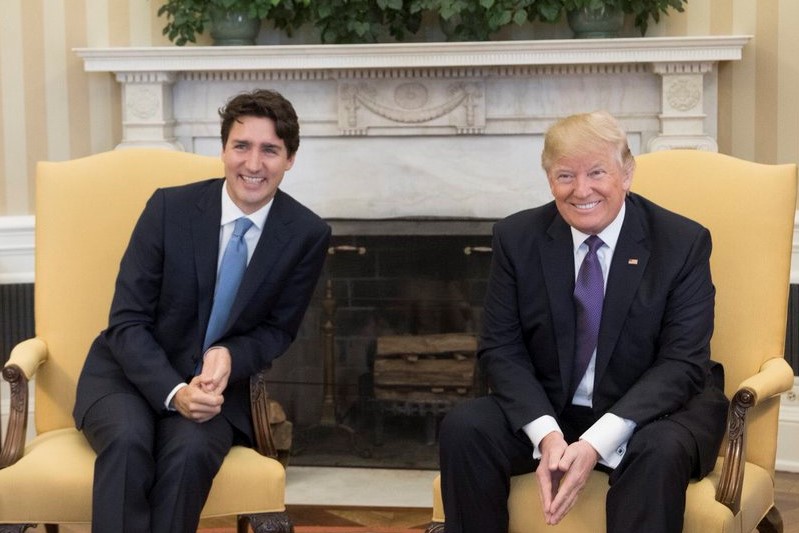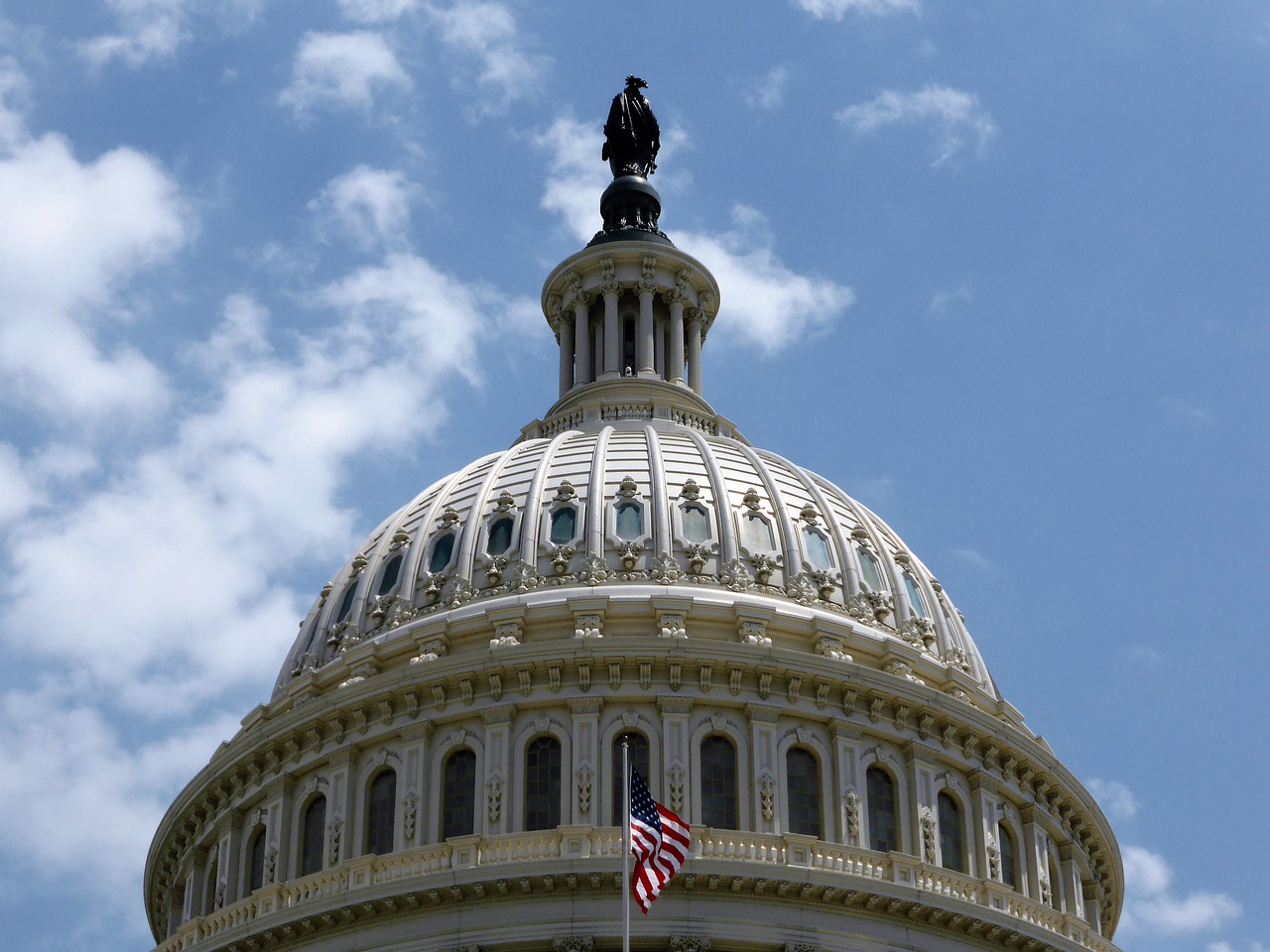Analysis: Trump and NAFTA
On May 31, the White House announced that it will be imposing aluminum and steel tariffs on Canada and Mexico. The tariffs include a 25% tax on imported steel and a 10% tax on imported aluminum. The administration also placed tariffs on imported metals from the European Union, Japan, and other countries. President Donald Trump has long been a critic of the deal, for example, during the 2016 election campaign he referred to NAFTA as “the worst trade deal ever made.”
Before the tariffs were imposed, Vice President Mike Pence called Canada’s prime minister, Justin Trudeau, to demand a reworked NAFTA deal that would need to be renewed every five years. Following the phone call, Trudeau cancelled his trip to the U.S., and stated at a press conference that “there was no possibility of any Canadian prime minister signing a NAFTA deal that included a five-year sunset clause.”
What is the purpose of tariffs?
Tariffs are an economic policy advocated by protectionists, who desire to limit international trade. The idea behind tariffs is to place taxes on imports, in order to raise the prices of those items, which will then cause consumers to purchase local products — similar to the “America first” ideology.
The decrease in the imported supply of steel and aluminum will increase the demand for US.. steel, which in turn will result in higher prices for these goods. This can potentially benefit steel and aluminum industries; however, the tariffs will increase costs for U.S. companies that require raw materials — such as car and airplane manufacturers — causing them to raise prices on the final products and raising costs for consumers.
In addition, countries tend to respond to these penalties by implementing their own tariffs, which raises the price for American sellers, and can create a trade war.
What is a Trade War?
A trade war occurs when countries alternate placing taxes on each others goods. For example, Canada and Mexico have both announced that they will be retaliating with their own tariffs on U.S goods.
Mexico enacted tariffs on about $3 billion worth of American pork, steel, cheese, and other goods.
Justin Trudeau also tweeted that Canada will be imposing retaliatory tariffs against imports of steel, aluminum, and other U.S. products for every dollar levied against Canadians by the U.S. He also stated that these measures will go into effect July 1, and will remain in place until the U.S. removes the tariffs.
Jean-Claude Juncker, the EU Commission’s President, called the U.S. tariffs “protectionism. Pure and simple,” and Juncker also stated that the EU “will defend the union’s interests, in full compliance with international trade law.
Speaker of the House, Paul Ryan, also criticized the tariffs stating that the U.S.’s “national security [is] strengthened by fostering free trade with our allies.”
However, Donald Trump has expressed support for the tariffs, and the administration is going forward with a 25 percent tariff on $50 billion in Chinese imports as well.




